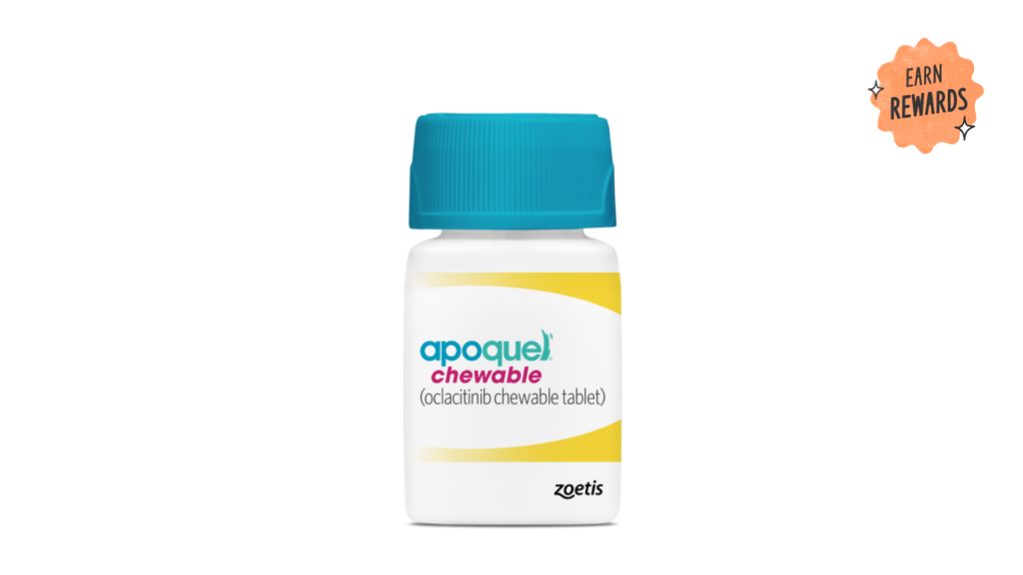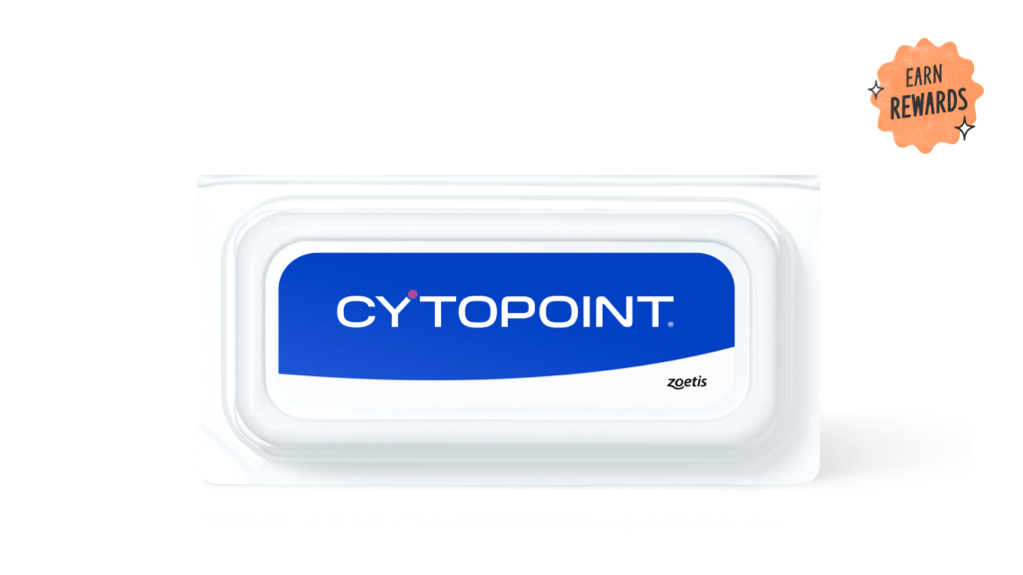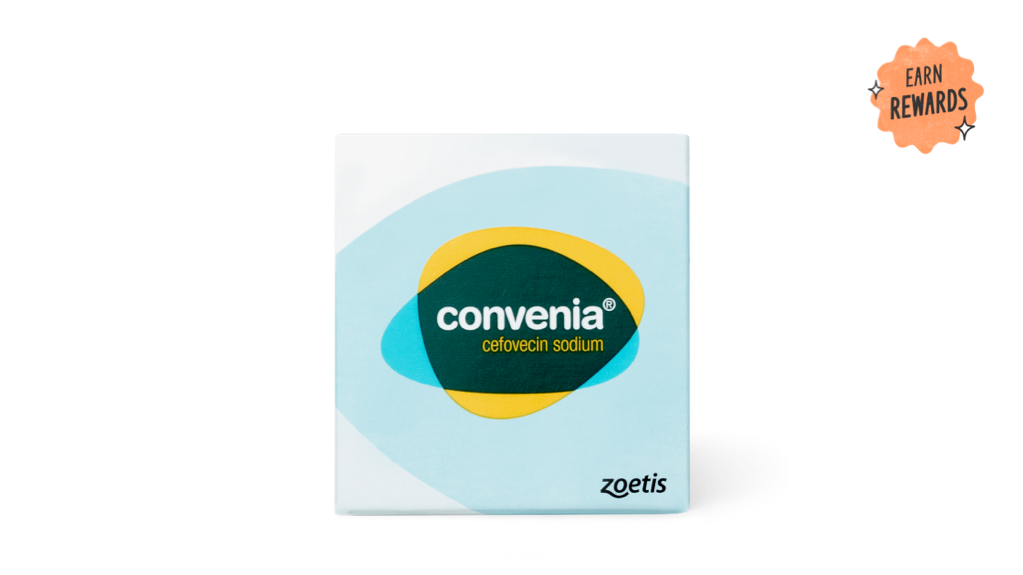
Allergic itch can leave your dog feeling miserable and leave you feeling helpless. But you’re not alone. Skin allergies are the number one cause of vet visits in dogs each year,1 but they’re also something that’s manageable with a little help from your vet.
Let’s dig in!

Scratch Below the Surface
What’s With All This Itching?
Skin allergies happen when a dog's immune system overreacts to a substance that is otherwise harmless (like pollen or certain foods) and thinks it's something bad.
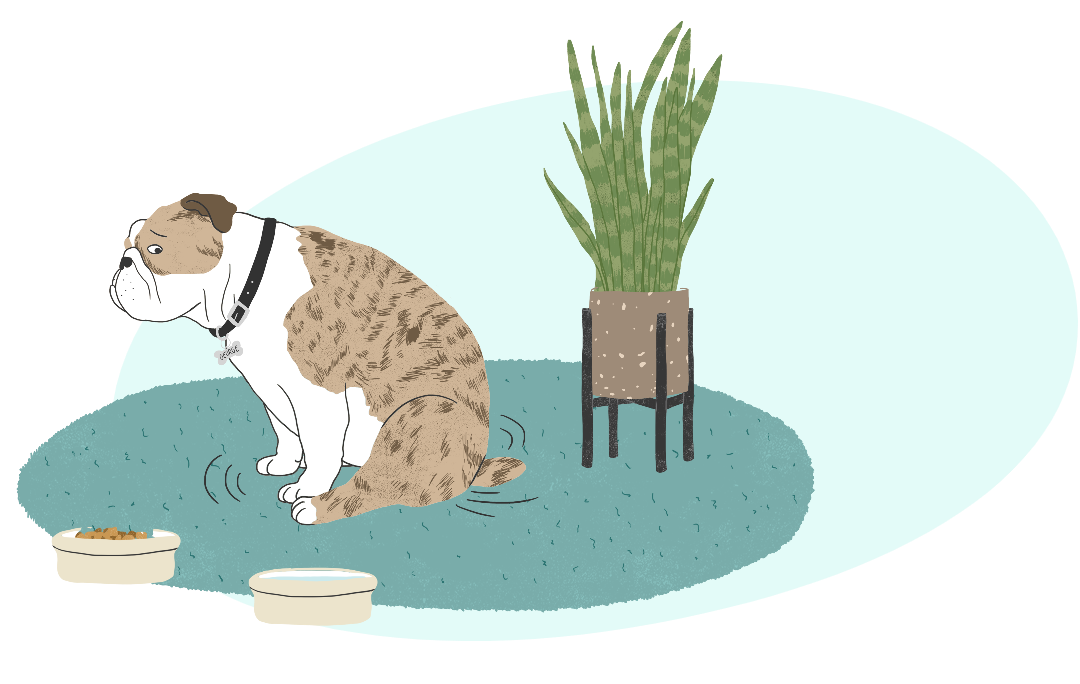
Surrounding Allergens
Environmental allergens come from exposure to your dog’s daily world, like grass, pollen, and dust.
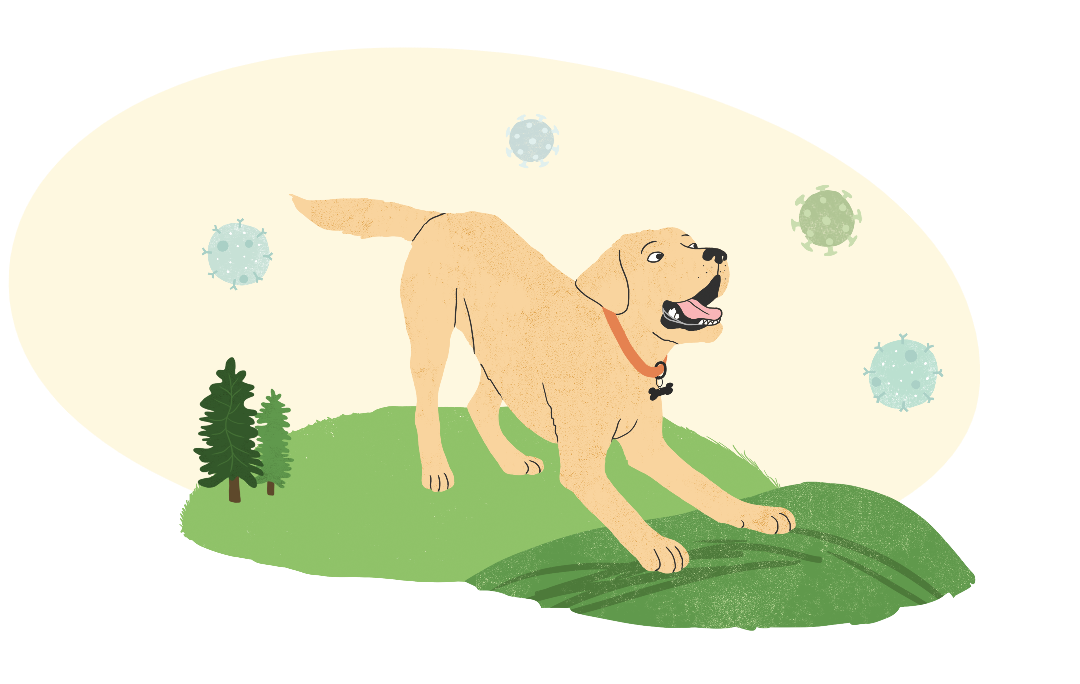
Appetizing Allergens
Food allergies can be difficult to pinpoint, but once you and your vet figure out what’s causing your dog’s reaction, the solution may involve changing their food.

Signs of Allergic Itch
The most common signs are lots of scratching, chewing or licking their skin, redness on their skin and ears, and scooting.
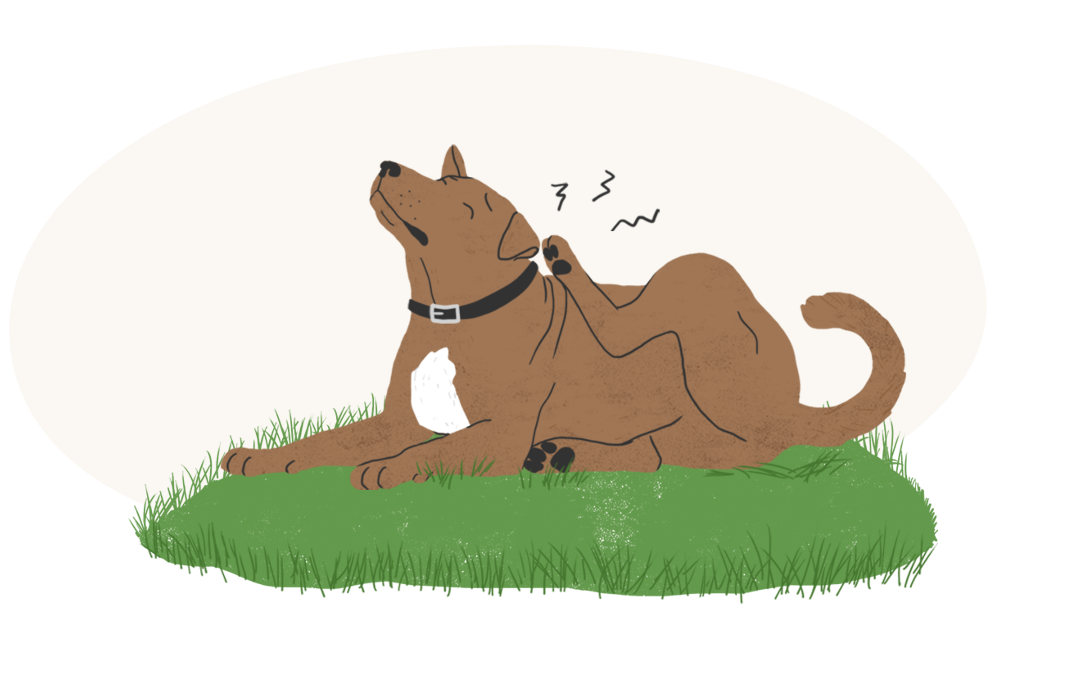
A Hard Habit to Lick
Let's dive into the ins and outs of allergic itch.




A Simple Solution
We have safe and effective products to get your dog’s allergic itch under control, whether you can remove the allergen from their daily life or not.
Dig Deeper
Check out our vet-approved resources and guides to learn even more.

Rewards for Protecting Your Pet
Our itch relief products qualify for points with our Petcare Rewards program. Redeem them for any purchase or product at your vet.
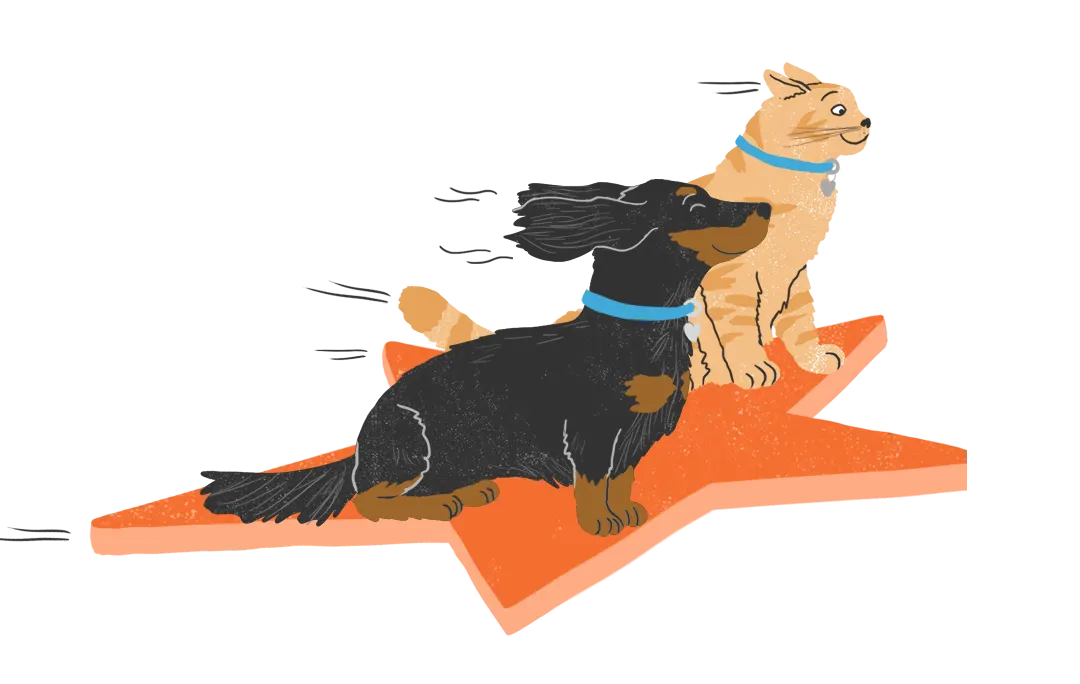
IMPORTANT SAFETY INFORMATION
Apoquel Chewable
Do not use Apoquel Chewable in dogs less than 12 months of age or those with serious infections. Apoquel Chewable may increase the chances of developing serious infections, and may cause existing parasitic skin infestations or pre-existing cancers to get worse. Consider the risks and benefits of treatment in dogs with a history of recurrence of these conditions. New neoplastic conditions (benign and malignant) were observed in clinical studies and post-approval. Apoquel Chewable has not been tested in dogs receiving some medications including some commonly used to treat skin conditions such as corticosteroids and cyclosporines. Do not use in breeding, pregnant, or lactating dogs. Most common side effects are vomiting and diarrhea. Apoquel Chewable has been used safely with many common medications including parasiticides, antibiotics and vaccines. See full Prescribing Information.
INDICATIONS: Control of pruritus (itching) associated with allergic dermatitis and control of atopic dermatitis in dogs at least 12 months of age.
Convenia
People with known hypersensitivity to penicillin or cephalosporins should avoid exposure to Convenia. Do not use in animals with a history of allergic reactions to penicillins or cephalosporins. Side effects for both dogs and cats include vomiting, diarrhea, decreased appetite/anorexia and lethargy. See full Prescribing Information.
References:
- Dermatitis, gastroenteritis among most common conditions that prompt veterinary visits. Nationwide.com, Published April 18, 2024. Accessed April 26, 2024
- Mueller R, Olivry T, Prélaud P. Critically appraised topic on adverse food reactions of companion animals (2): common food allergen sources in dogs and cats. BMC Veterinary Research [serial online]. 2016;12(9):(12 January 2016). doi:10.1186/s12917-016-0633-8
- Olivry T, DeBoer DJ, Favrot C, et al. for the International Committee on Allergic Diseases of Animals. Treatment of canine atopic dermatitis: 2015 updated guidelines from the International Committee on Allergic Diseases of Animals (ICADA). BMC Vet Res. 2015;11:210. doi: 10.1186/s12917-015-0514-6
- Marsella R, Sousa CA, Gonzalez AJ, Fadok VA. Current understanding of the pathophysiologic mechanisms of canine atopic dermatitis.J Am Vet Med Assoc. 2012;241(2):194-207. doi:10.2460/javma.241.2.194





